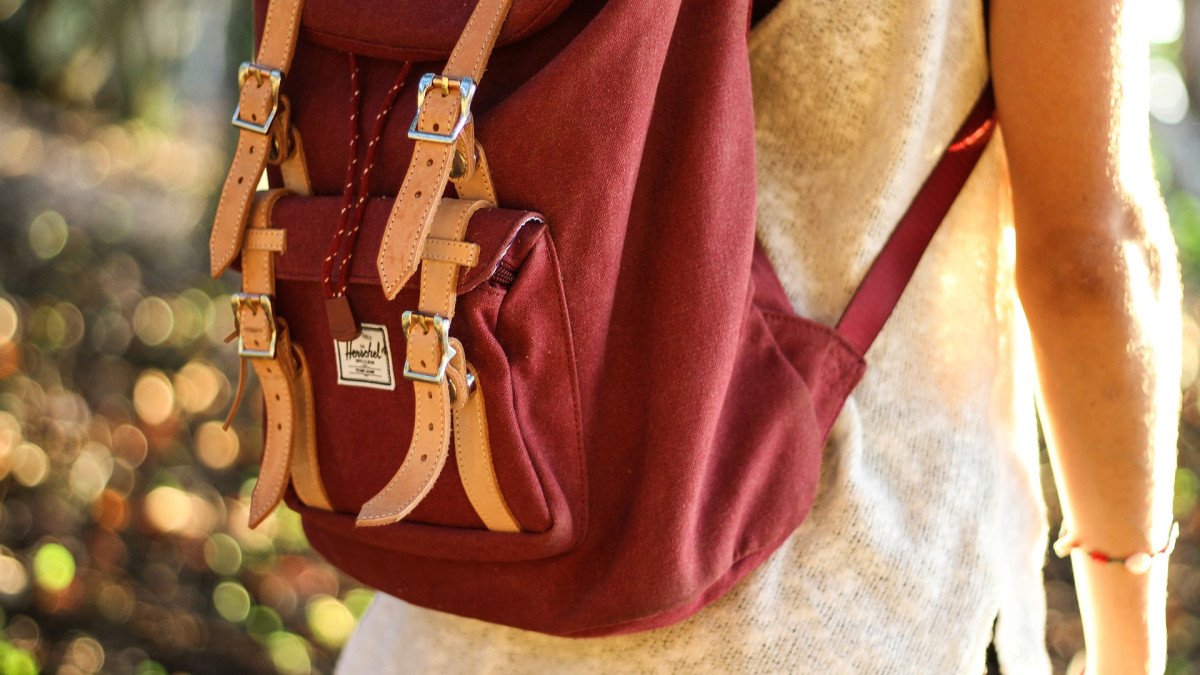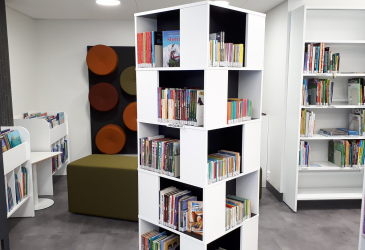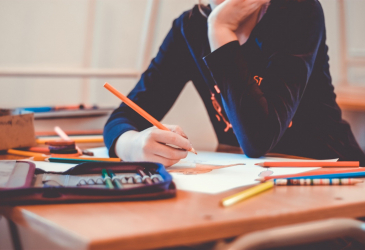
A few questions and answers about transitioning to face-to-face teaching
1) How are you looking forward to Thursdays and the return to classroom teaching?
I personally feel that we can now take a step towards a more normal school life.
The most important thing is that our teaching professionals meet the schoolchildren after distance learning and get an idea of how the spring has gone in terms of learning. In the long run, however, the most important thing, the genuine encounter between the student and the teacher, will be missing from distance education.
Children and young people certainly think it is important to meet friends. All the time, however, you have to keep in mind that you should try to keep safety intervals at school as well. Now is not the time for cuddling, although a reunion may feel wonderful.
2) How is the risk of infection prevented in schools?
Hygiene and cleanliness are taken care of in accordance with the instructions given by the National Institute of Health and Welfare (THL). Hand washing is increased and it is also monitored. Hands are washed when entering school, before eating and when leaving school. Hand sanitizer is available if hand washing is not always possible.
When the student comes to school, he goes directly to his classroom.
Students use only their own tools, for example colored pencils, when studying. Common class goods are not used.
Exercise classes and other classes are tried to be held outdoors as much as possible. The surroundings of Vuoksi and, more broadly, the outer areas of Imatra provide great opportunities for studying.
3) How has the disease risk been taken into account in the intermediate classes?
With regard to intermediate lessons, it has been agreed that the classes spend intermediate lessons in stages. There are no common break times. The teachers always supervise the recess of each class group.
4) Does the teaching follow the reading order?
Mostly yes, but some reading arrangements have been changed to better reflect this time and the fact that students work mainly with their own class during the school day. As far as subject teaching is concerned, the aim is to reduce the mixing of groups as much as possible.
5) How is the meal organized?
Eating takes place with your own group. Depending on the school, meals can take place either in the canteen, in one's own classes or in other facilities. Mealtimes are staggered. The dining arrangements have been planned together with the food services of Saimaa support services (Satu).
6) Can face masks be worn at school?
They are not recommended. There are big risks associated with using face masks at school if they are not used correctly. If the mask is touched, it should be changed immediately.
7) How are school rides organized?
School rides work as before. If a child who is entitled to school rides belongs to a risk group and cannot travel to school in a taxi or bus because of that, the guardian has the option to apply for a transportation subsidy if he arranges the school ride himself. You can inquire about it tuire. hatakka imatra.fi (tuire[dot]hatakka[at]imatra[dot]fi) - with an email address.
imatra.fi (tuire[dot]hatakka[at]imatra[dot]fi) - with an email address.
All city buses run normally according to winter schedules. Of course, we encourage school children to travel on foot or by bike this spring.
8) How many people are left out of face-to-face teaching and how is the teaching organized for them?
About 200, or just under 10 percent, have made a vacation request to the principals. In this case, the student does not participate in face-to-face teaching. Pupils are given tasks that they handle independently. Distance education is not available.
9) How does the end of the academic year take place?
The spring party is not organized, but on Saturday 30.5. the class supervisor distributes certificates, smiley statues and scholarships.
If something remains unanswered regarding the start of school, guardians can ask detailed questions to the principal of their school center through Wilma.



